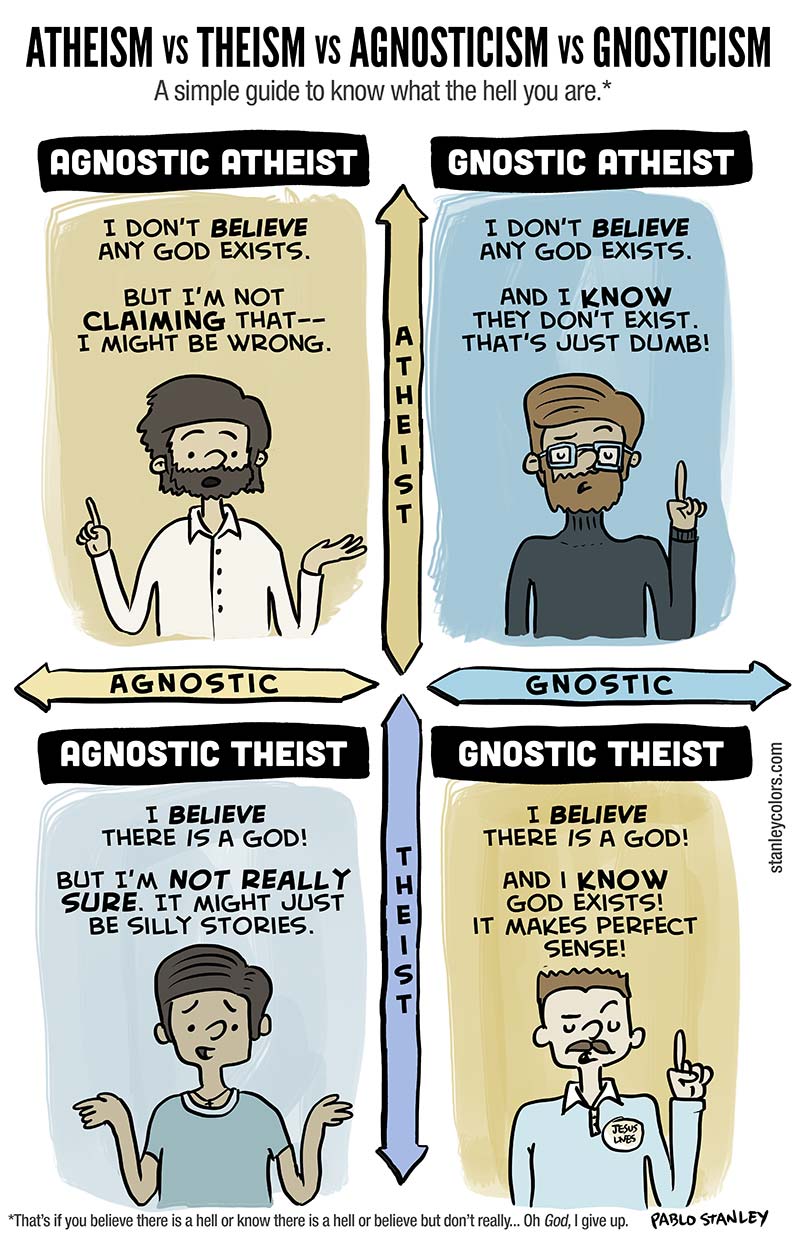ThePainefulTruth
Romantic-Cynic
They believe no gods exist.No they don't. They are just not theists and have no beliefs either way. How many times must this be explained before you get it?
You're declaring for them what they really believe, instead of what they say themselves.



